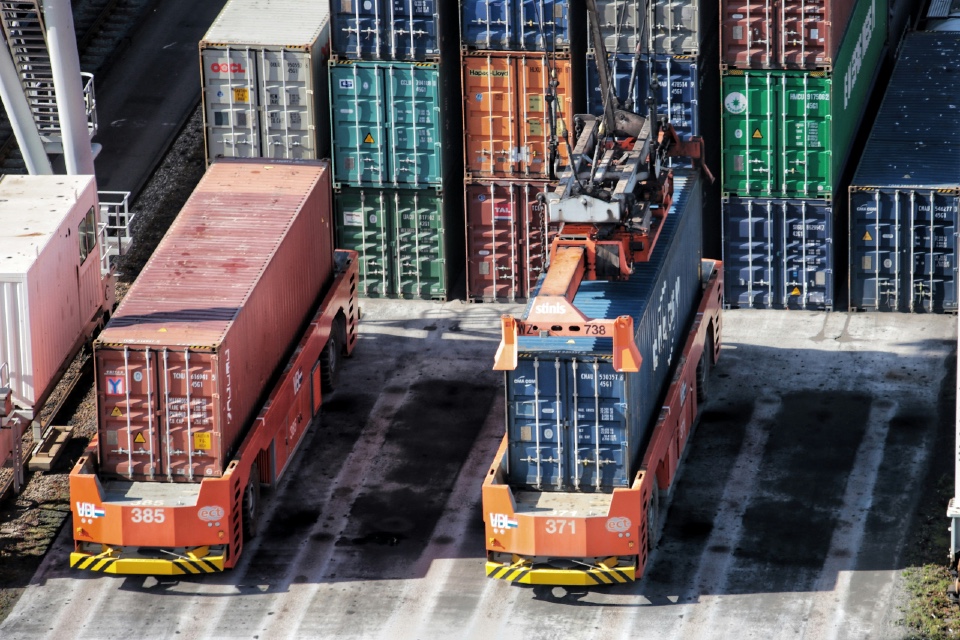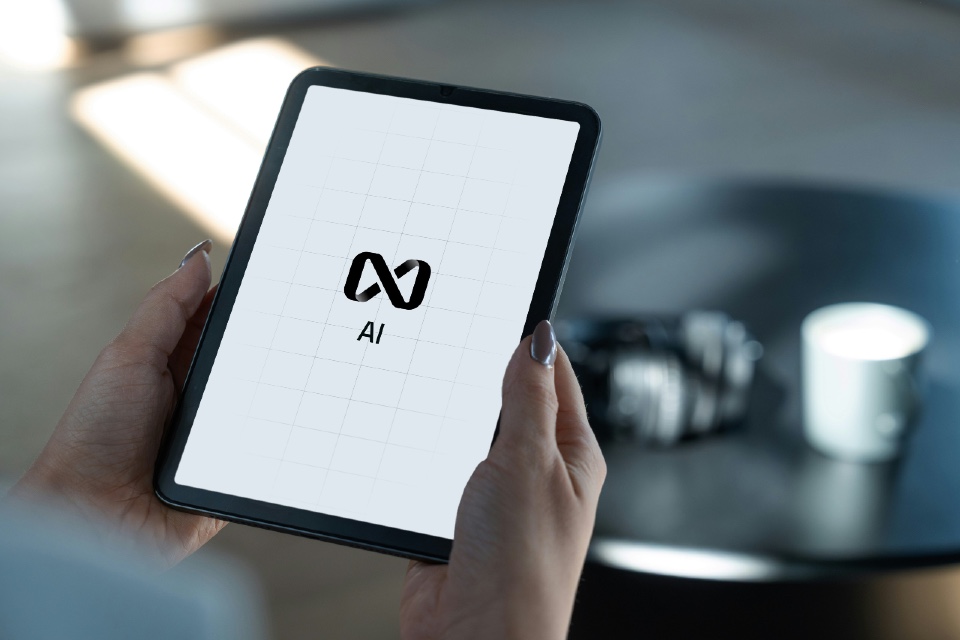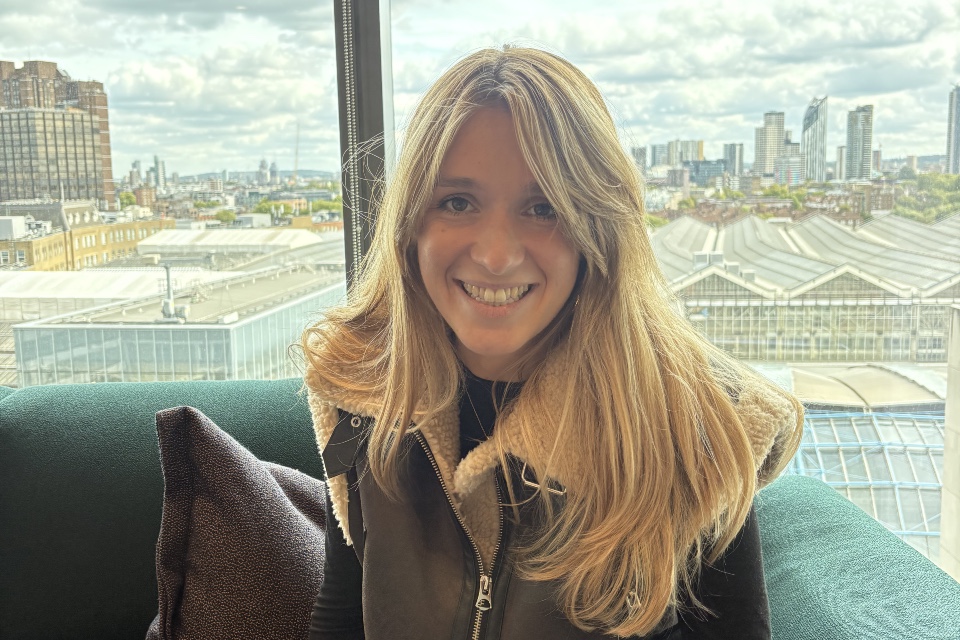In the latest instalment of our supply chain industry executive interview series we spoke to 7bridges VP of Engineering Amy Heineike about managing geopolitical and economic shocks, the importance of adaptability, the impact of AI tools and how corporate sustainability will be a big focus in 2023…
What have been the biggest challenges the Supply Chain industry has faced over the past 12 months?
We continue to jump between major economic and geopolitical shocks. The war in Ukraine, escalating fuel prices, sky high inflation, widespread strikes, extreme weather, and the rumblings of recession.
Businesses have needed to respond quickly, bring down their costs, and look hard at how to weather the storms.
And what have been the biggest opportunities?
They say necessity is the mother of invention. We’ve seen a shift towards the circular economy, interest in creating demand driven supply chains, and a renewed commitment to lowering emissions. Ambitious goals that require prioritising smarter supply chains.
What is the biggest priority for the Supply Chain industry in 2022?
Adaptability. Our past doesn’t tell us enough about the future – we need evidence on what is happening, options for how to respond, and the ability to implement decisions quickly.
What are the main trends you are expecting to see in the market in 2023?
Firstly, we’re expecting to see everyone needing to calculate their emissions, particularly as Scope 3 and the Corporate Sustainability Reporting Directive have gotten the green light. This will require gathering a lot of data, but also building processes that will last into the future.
Secondly, we expect to see supply chain teams having closer relationships with the commercial side of businesses. Supply chain leaders are going to be much more involved in strategy and there will be more collaboration between those parts of the business. Don’t be surprised if supply chain is a hot topic for the board next year.
What technology is going to have the biggest impact on the market this year?
My career has been in building data and AI technology tools – so I’m probably biased here! It’s hard to overstate the magnitude of change in the past few years – in the tooling for wrangling data at scale, as well as the types of models and computation that can be used. They are incredible foundations for technology to continue to rapidly improve in this market.
AI and automation have the opportunity to drive enormous change, and make it much more tractable for teams to manage increasingly complex modern supply chains in flexible ways.
Adaptability requires that we have options available to choose from, but playing out how those choices will ripple through a supply chain is really hard without some heavy computations, and it’s daunting if we don’t have automation to enact those changes. For supply chains that have the tech in hand, we’ll see them making the most of a lot of opportunities – experimenting, learning and adapting – having smarter supply chains that benefit them and their customers.
In 2025 we’ll all be talking about…?
Smarter, demand-driven, data-powered supply chains. In this age of data, what is going to matter most is how you use it to make your supply chain (and your business) smarter. We’ve seen incredible things happen for our customers who are using data to make decisions, simulate scenarios and get real visibility of what happens in their supply chain.
Which person in, or associated with, the Supply Chain industry would you most like to meet?
As someone who’s learning as much as possible about the industry I really enjoyed reading Christopher Mim’s book “Arriving Today” which gave a deep dive introduction into the people and tech at different stages of a global supply chain. It would be fun to discuss how the last two years may have refined his thoughts on future trends.
What’s the most surprising thing you’ve learnt about the Supply Chain sector?
How much hard work and sweat still goes into coordinating supply chains. The heroics and difficult decisions that are being made every day when, as consumers, we’re blissfully unaware.
You go to the bar at the Total Supply Chain Summit – what’s your tipple of choice?
I’d love a pint of a good English Cider. Do you have those?
What’s the most exciting thing about your job?
I really like to geek out on data, and the picture of the world it paints for us. I like being around talented people who want to imagine whats possible, and who have ideas that surprise me and that are really deeply useful.
And what’s the most challenging?
Supply chains are complex beasts. We want to make sure that the software we build enables that complexity to be managed, but without it being overwhelming. That requires a lot of careful thought!
Peaky Blinders or Stranger Things?
The Marvelous Mrs Maisel.







